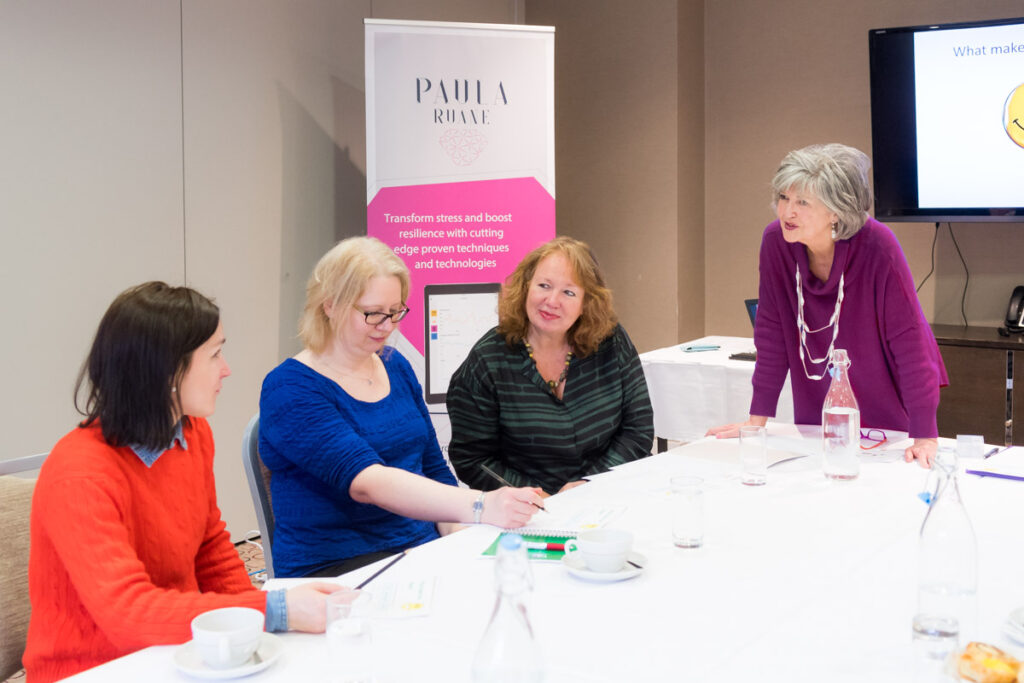Reducing stress is a consistent part of modern life, but understanding how to prevent and manage it can significantly enhance our wellbeing. Drawing on my insights and experience, I will explore the effective strategies that you can deploy to mitigate stress and foster a healthier lifestyle.
Understanding Stress and Its Impact
Stress manifests in various ways, affecting both mental and physical health. Common symptoms include irritability, lack of motivation, memory problems, and poor decision-making. Physically, stress can lead to chest pain, fatigue, headaches, and a weakened immune system. Recognising these signs is the first step toward effective stress management. (Learn more)
Proactive Stress Prevention Strategies
Implementing proactive measures can help prevent stress from becoming overwhelming. Every person experiences stress in different ways and copes with different levels of stress to differing degrees. The strategies that work for one person may not be as effective for another, so there is no one-size-fits-all all. I have included here 10 points that you might consider and adapt for person or business use to help you put in place strategies that work for you:
Here are 10 stress prevention strategies for individuals to help maintain balance, resilience, and overall wellbeing:
- Prioritise Sleep and Rest: A lack of sleep increases stress levels. Aim for 7-9 hours of quality sleep each night, maintain a consistent sleep schedule, and create a restful environment by reducing screen time before bed.
- Exercise Regularly: Physical activity releases endorphins, which are natural stress relievers. Whether it’s walking, running, yoga, or strength training, regular exercise can help keep stress at bay.
- Maintain a Balanced Diet: A nutrient-rich diet supports overall well-being. Reduce processed foods, caffeine, and sugar, and focus on whole foods, lean proteins, and healthy fats that stabilise your energy levels and mood.
- Set Healthy Boundaries: Avoid overcommitting to work, social obligations, or personal responsibilities. Learn to say no and prioritise activities based on what works for you and your wellbeing.
- Stay Connected with Supportive People: Building strong relationships with friends, family, or support groups can provide comfort and a sense of belonging. Talking about your worries can ease stress and offer new perspectives.
- Develop Effective Time Management Skills: Organise your tasks using a calendar, break tasks into manageable steps, and avoid procrastination to reduce last-minute stress. This will also help you not to overcommit yourself.
- Engage in Relaxing Activities: Incorporate hobbies that help you unwind, such as reading, listening to music, painting, or gardening. Having fun can serve as a natural stress relief method!
- Limit Exposure to Negativity: Reduce time spent consuming negative news or engaging with toxic environments. Instead, focus on uplifting and inspiring content and people.
- Practice Gratitude and Positive Thinking: Shift your mindset by focusing on what’s going well in your life. Keeping a journal or simply reflecting on daily positives can help reduce stress and enhance emotional resilience.
- Breathe with Intention: Deep breathing exercises, such as the HeartMath Quick Coherence technique can quickly calm your nervous system and reduce stress. Intentional breathing helps lower cortisol levels, improve focus, and restore a sense of balance.
By integrating these strategies into daily life, individuals can proactively prevent stress and cultivate a healthier, more balanced lifestyle. If you would like to know more about any of these techniques and how to incorporate them into daily life, drop me a line.
My Personalised Approach to Reducing Stress for the Long Term
I employ a personalised and solution-focused methodology to help individuals implement effective, long-lasting stress reduction strategies. I tailor my approach to each client’s unique needs, ensuring that the strategies developed are both practical and sustainable. (More information)
- Initial Consultation: The process begins with a complimentary one-to-one session, where I seek to understand how stress affects the individual and what outcomes they desire. This collaborative discussion focuses on the present situation rather than delving into past experiences, aiming to identify specific goals and define what a successful outcome looks like. (What to expect)
- Customised Strategy Development: Based on the initial consultation, I will design a bespoke program that addresses the client’s specific stressors. My methods include scientifically proven techniques such as HeartMath and Solution-Focused Hypnotherapy, which are tailored to help alleviate stress and provide long-lasting coping mechanisms. (Learn more)
- Implementation and Support: Throughout the program, I work closely with my clients to teach self-regulation techniques that enable them to respond to stressors with the intellectual part of their brain, rather than reacting instinctively. This approach fosters calm, balance, and control, equipping individuals with the tools needed to manage stress effectively in the long term. (Explore my approach)
- Outcome: My clients typically experience rapid and enduring results, including improved mental clarity, better emotional health, and enhanced resilience to stress. By focusing on the ‘here and now’ and empowering individuals with practical strategies, I work hard to ensure that the benefits of my programs are sustainable, leading to a more balanced and fulfilling life. (Read more)
And Finally…
Preventing and reducing stress requires a proactive and multifaceted approach. By implementing effective strategies and exploring innovative therapies, individuals can reduce stress levels, improve well-being, and enhance overall quality of life. As Paula Ruane emphasises, taking care of oneself is not only beneficial personally but also contributes to a more positive and productive environment. (Find out more)






